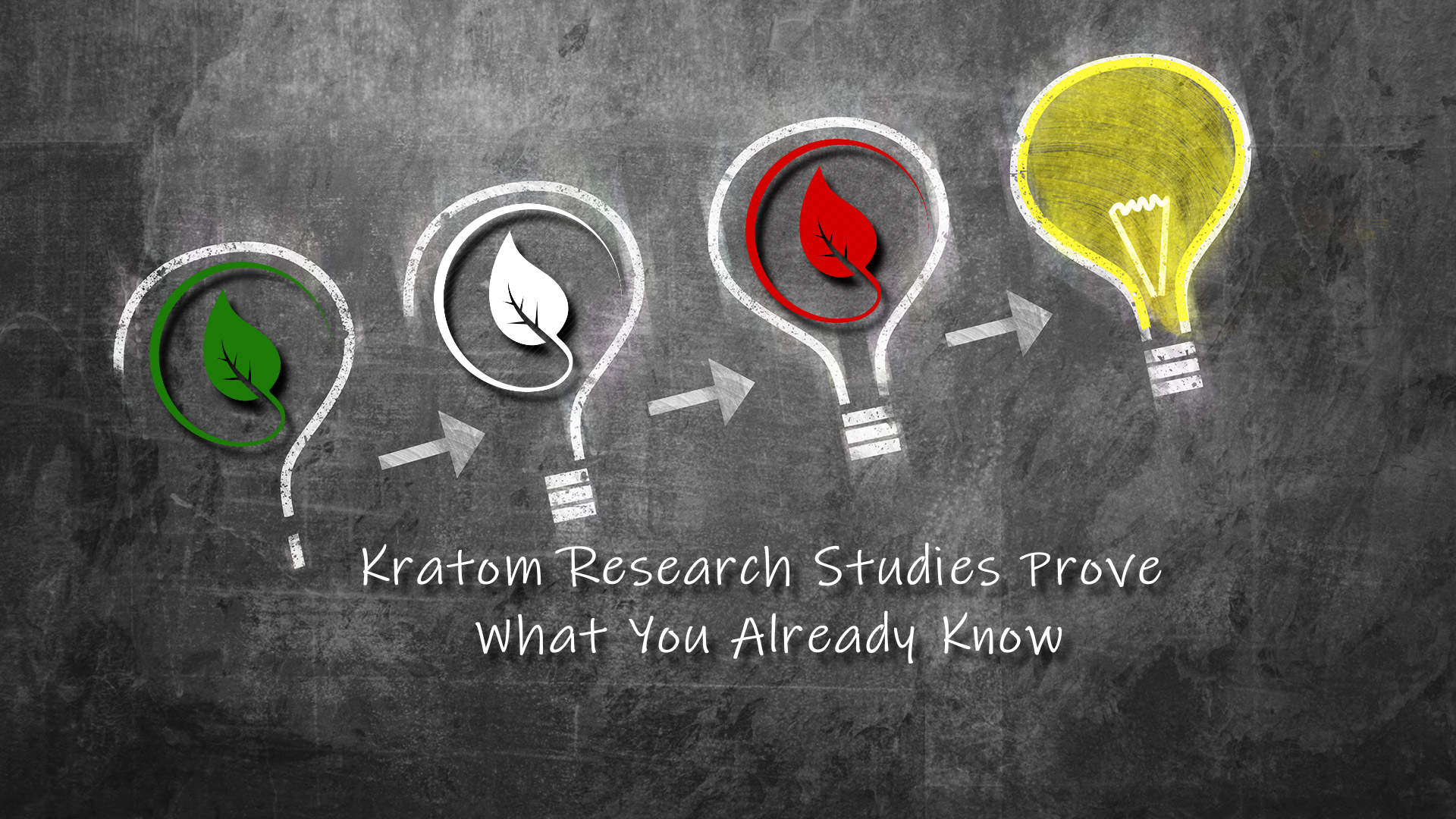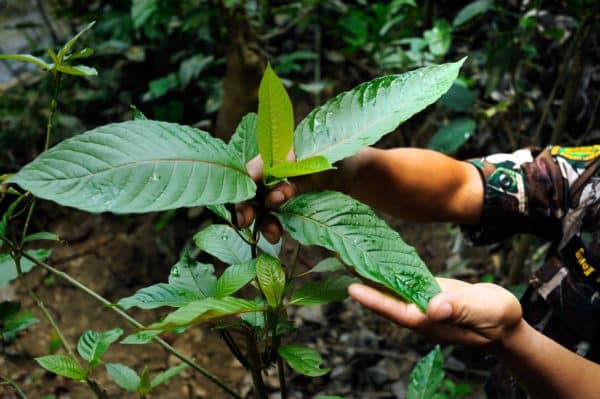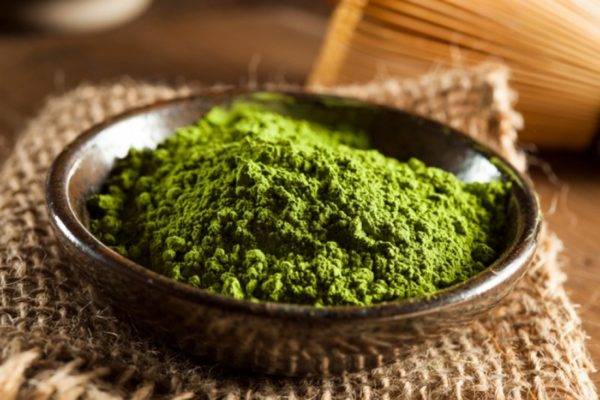There have been some scientific research studies on kratom and its effects. So far, the studies prove what kratom users have always known, from both tradition and personal experience.
Medical research on kratom is severely limited because the FDA has not approved it for human use, nor does the FDA acknowledge any therapeutic or supplemental benefits of kratom. This prejudice against kratom seems to be coming from pressure by Big Pharma, a for-profit industry that feels threatened by natural substances like kratom, magic mushrooms, and cannabis.
But the few research studies conducted thus far are music to our ears. We rejoice exceedingly to see our beloved herbal companion being proven to be what we know it is.
Good news! Kratom is shining like the wonderful herb we know it to be. It’s beginning to become clear, from a hard-nosed, no-nonsense, scientific viewpoint, that kratom does indeed work wonders in a natural way, with no horrible addictions or withdrawals when kratom is discontinued.

Kratom is reportedly being shown, in lab experiments on mice and other creatures, that it appears to have definite pain-relieving properties. Kratom seems to provide these benefits, but without all the bad side effects and strong addiction potential and withdrawal symptoms that are exhibited by opioids like heroin, Fentanyl, and Oxycontin.
We cannot state conclusively any medical value for kratom until the FDA approves it for human consumption as a dietary supplement. Even then, we must be super careful not to over-emphasize any aspect of the therapeutic benefits of kratom. We must be methodical and precise in our assessment of kratom’s beneficial properties, citing research findings, rather than relying entirely on personal anecdotes (which are of tremendous value, too).
In the research report entitled “Lyophilized Kratom Tea as a Therapeutic Option for Opioid Dependence,” kratom was found to have amazing qualities. The conclusion reached confirms what those who take kratom already know and enjoy.
See this report published at the National Institute of Health, National Library of Medicine’s Biotechnology Information hub here:
https://pubmed.ncbi.nlm.nih.gov/33017752/
Nociception means “the sensation of pain”. Antinociception means “stops the feeling of pain”.

Lyophilized means “freeze dried, dehydrated.”
Here is the abstract (summary) of the study:
Background: Made as a tea, the Thai traditional drug “kratom” reportedly possesses pharmacological actions that include both a coca-like stimulant effect and opium-like depressant effect. Kratom has been used as a substitute for opium in physically dependent subjects. The objective of this study was to evaluate the antinociception, somatic and physical dependence produced by kratom tea, and then assess if the tea ameliorated withdrawal in opioid physically-dependent subjects.
Methods: Lyophilized kratom tea (LKT) was evaluated in C57BL/6J and opioid receptor knockout mice after oral administration. Antinociceptive activity was measured in the 55 °C warm-water tail-withdrawal assay. Potential locomotor impairment, respiratory depression and locomotor hyperlocomotion, and place preference induced by oral LKT were assessed in the rotarod, Comprehensive Lab Animal Monitoring System, and conditioned place preference assays, respectively. The naloxone-precipitated withdrawal was used to determine potential physical dependence in mice repeatedly treated with saline or escalating doses of morphine or LKT, and LKT amelioration of morphine withdrawal. Data were analyzed using one- and two-way ANOVA.
Results: Oral administration of LKT resulted in dose-dependent antinociception (≥1 g/kg, p.o.) absent in mice lacking the mu-opioid receptor (MOR) and reduced in mice lacking the kappa-opioid receptor. These doses of LKT did not alter coordinated locomotion or induce conditioned place preference, and only briefly reduced respiration. Repeated administration of LKT did not produce physical dependence but significantly decreased naloxone-precipitated withdrawal in morphine-dependent mice.
Conclusions: The present study confirms the MOR agonist activity and therapeutic effect of LKT for the treatment of pain and opioid physical dependence.
Science Direct also is providing publicity for this particular study.
https://www.sciencedirect.com/science/article/abs/pii/S0376871620304750
They cite the following highlights of this study as follows:
• Kratom tea dose-dependently produces antinociceptive effects.
• Kratom tea primarily exerts its actions through the mu opioid receptor.
• Kratom tea produced no sedative effects and minimum respiratory depression.
• Kratom tea ameliorated opioid withdrawal symptoms both chronically and acutely.
As more studies are conducted and become available to the public, we’ll update you on the results and what these results mean for us who take kratom.



